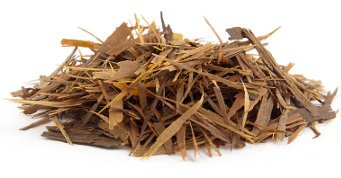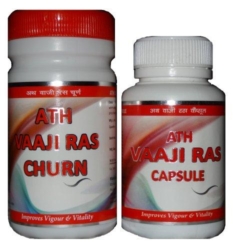
Press Release (ePRNews.com) - NEWARK, Del. - Jun 29, 2017 - Lapacho tea or Pao d’Arco tea, also called Taheebo, is an herbal tea made from the bark of a tree native to the Amazon rainforest in South America. It is sometimes sold by tea companies, either as an herbal tea on its own, or less commonly as an ingredient in herbal blends. RateTea reports on safety concerns associated with the use of this tea, which include evidence of toxicity that preclude its regular or long-term use.
Lapacho tea pictured below, image courtesy of André Helbig, CC BY-SA 3.0.
Traditional medicinal use of the herbal tea
Some traditional cultures have used lapacho to treat a variety of ailments, including diabetes, gastric ulcers, cancer, and various infections. In traditional uses however, it is used only temporarily, in specific cases, to treat specific conditions, not used as a tonic or long-term treatment.
Marketing or promotion of lapacho for “health benefits”
Some websites tout “Lapacho tea benefits”, particularly promoting it as a cancer-fighting herb or promoting its “health benefits”, advocating for drinking it regularly. Such usage is supported neither by science nor traditional usage.
Health concerns or risks associated with Lapacho or Pao d’Arco use:
Although one chemical in Lapacho had been studied for its potential anti-cancer activity, its investigation was abandoned after it was found to have toxicity at much lower doses than that required for its anti-cancer effect. There is also evidence from animal studies that the herb may be a reproductive toxin. Its use is not currently recommended by any major medical organizations.
Read more on RateTea, including references:
https://ratetea.com/style/lapacho/137/
Read more about tea and health:
Source : RateTea / Merit Exchange LLC



